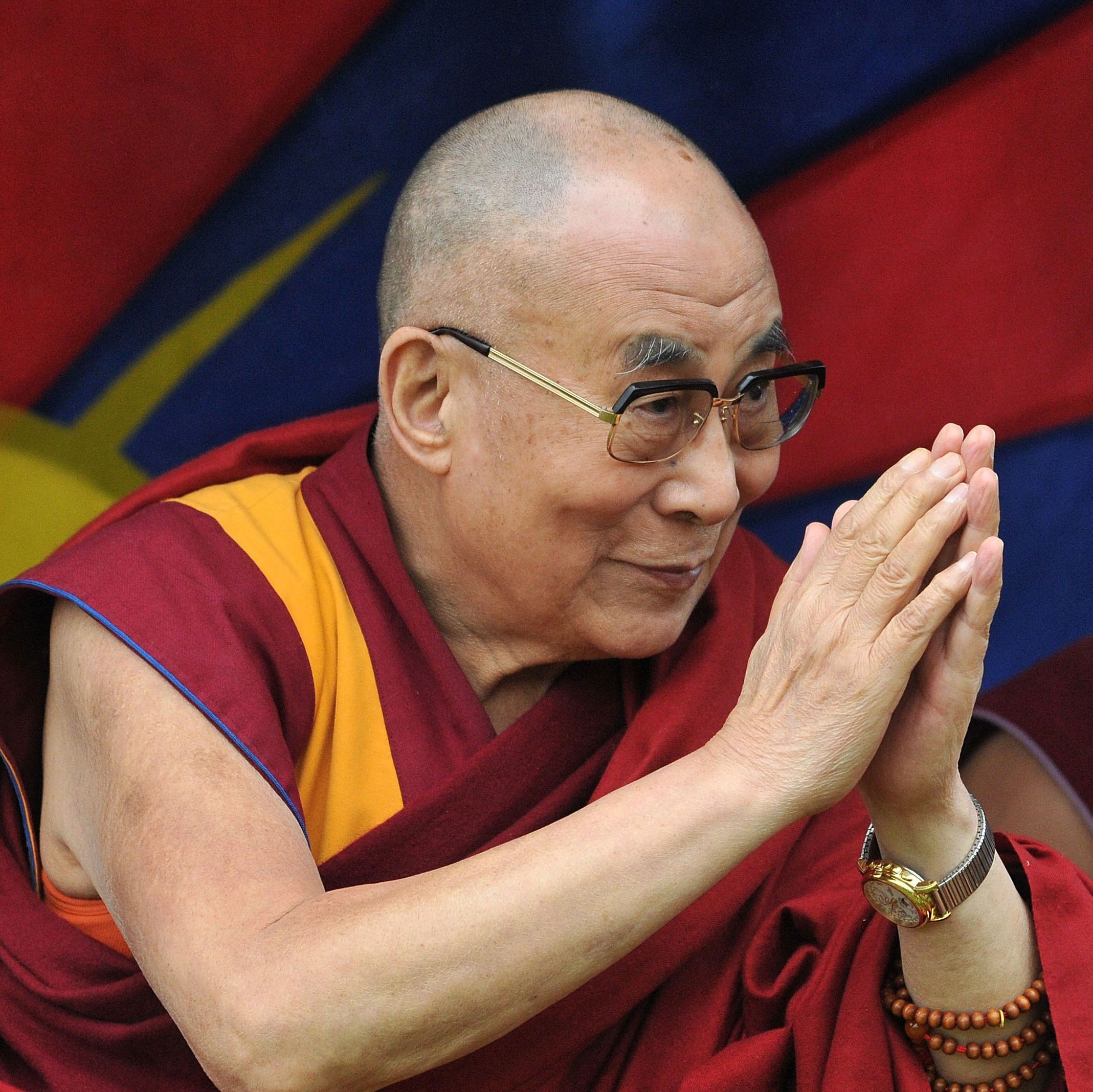The Art of Happiness
Dalai Lama:
MEDITATIONS, PURPOSE, AND THOUGHTS ON LIFE AND HAPPINESS
The Art Of Happiness is the result of a psychiatrist interviewing the Dalai Lama on how he personally achieved inner peace, calmness, and happiness.
FAVORITE QUOTES:
"The purpose of our lives is to be happy."
The Dalai Lama's perspective is rooted in the belief that the fundamental purpose of human existence is to find happiness and inner peace. This quote underscores the idea that our actions, relationships, and choices should align with this ultimate goal of leading a fulfilling and joyful life.
"Happiness is not something ready-made. It comes from your own actions."
The Dalai Lama emphasizes that happiness is not an external possession that one can acquire; it is a result of our own thoughts, attitudes, and actions. This quote encourages self-awareness and taking responsibility for one's own well-being. It suggests that happiness can be cultivated through positive actions and choices.
"When you think everything is someone else's fault, you will suffer a lot. When you realize that everything springs only from yourself, you will learn both peace and joy."
This quote stresses the importance of taking responsibility for our emotions and experiences. Blaming others for our suffering only perpetuates it. Accepting that our reactions and emotions are within our control empowers us to find inner peace and happiness.
"We can never obtain peace in the outer world until we make peace with ourselves."
The Dalai Lama highlights the interconnectedness between inner and outer peace. Achieving world peace begins with finding peace within ourselves. It encourages self-reflection and personal growth as a means to contribute positively to the world.
"The more you are motivated by love, the more fearless and free your actions will be."
Love and compassion are central themes in the Dalai Lama's teachings. This quote suggests that acts driven by genuine love and compassion are powerful and liberating. When we act out of love, we transcend fear and self-limiting beliefs, opening ourselves to greater possibilities and happiness.
Purpose of life:
The purpose of life is pretty clear to The Big Dal. It is to seek happiness. It doesn’t matter what your religious beliefs are: all of us are seeking something better in life. To our Western minds, it doesn’t seem like the sort of thing you can develop and sustain by training the mind. According to Buddhism, happiness is an attainable goal.
There are obstacles between you and happiness. Even if you have wild success and knock your goal out of the park, or severe failure that puts you into a depression, sooner or later you hit your baseline happiness. Psychologists call this hedonic adaptation.
Comparing mind:
You could be hanging out in the Indian slums with $50 in your pocket and be much happier than a Westerner with $1 million in a bank. It doesn’t matter how well we’re doing financially, we tend to be dissatisfied if our neighbor is making more.
A wealthy man is “one whose income is $100 a year higher than his wife’s sister’s husband’.
As we can see, the feeling of life satisfaction depends on who you’re comparing yourself to. Obviously, money is just one metric, you can also look at things like intelligence, beauty, or just higher status.
If you compare yourself to the people on the top of the hierarchy constantly, then you’re in a bit of trouble. But if you point your perspective radar in the opposite direction, to those who are less fortunate you can reflect on the things you have. Rather than being filled with envy and bitterness, you’ll be filled with gratitude and contentment.
Suffering:
It doesn’t matter how bad things may seem for you, everyone at some point is going to feel the same pain. Suffering is inevitable and a universal phenomenon.
Throughout your day, problems are about to arise. The biggest problems are inevitable: loss of memory with old age, illness, and death. Trying to avoid these might provide temporary relief, but sooner or later they’ll rise and you can't escape them.
Rather than accept suffering, some prefer to go with the feeling “Oh I shouldn’t be experiencing this! Why me!”. They feel like they don’t deserve to suffer, that they are victims. This basic outlook is that suffering is negative and should be avoided at all costs.
Although pain and suffering are experienced in all human beings, those in the East have a greater acceptance of it. Partly due to spiritual teachings like those from Buddhism and partly due to suffering being so obvious everywhere in the streets.
But we in the Western world have gone the other way. We carry the hope and belief that life is mostly fair and that they are good people who deserve good things to happen to them.
If the world doesn’t cater to these expectations, they can become severely depressed and unhappy. If I’m unhappy, I must be the victim of something or someone. They might blame the government, the education system, parents, the other gender, or their partner.
ATP:
Keďže mi je veľmi blízka filozofia blízkeho východu a aj ich hodnoty, bola pre mňa táto kniha must read, ponúka nám veľmi veľa dôležitých pohľadov na život a pomáha pripraviť náš mindset tak, aby nás z nášho pokoja nič nerozhodilo. Z dlhodobého hľadiska súhlasím s pointom, že hlavným cieľom života je nájsť šťastie a určite si myslím, že ľudia na východe tieto pravidlá aplikujú správne. Musím však povedať, že tento mindset môže byť aj veľmi ľahko zneužitý a dá sa ho podávať ľudom spôsobom takým, aby to šťastie naháňali a nachádzali ho v hedonizme s mindsetom chcem všetko hneď teraz.
Myslím, že skutočné šťastie sa dá cítiť iba v prítomnom okamihu a je výsledkom nejakej našej práce alebo aktivity a teda je lepšie sa zamerať aby bol človek so sebou spokojný a robí všetko to, čo si povedal že bude. Cíti teda hrdosť a spokojnosť zo sebou. Práve z tohoto bodu sa môže potom šťastie dlhodobo rozvíjať.
